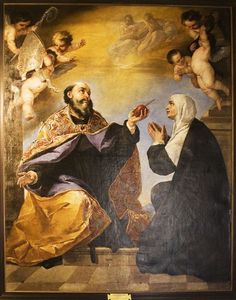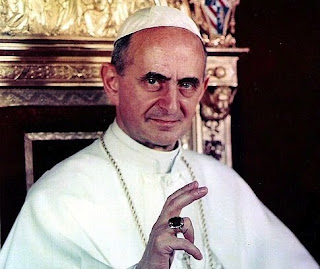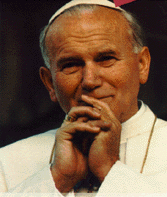Prayer For a Loved One Who Has Left the Faith

St. Monica and her son, St. Augustine The prayers of Saint Monica, together with God's grace, turned her wayward son, Saint Augustine, from sinner to saint. St. Monica, model of motherhood, your patience and fervent prayers won for the Church a brilliant mind who himself won many souls. The following prayer for loved ones who have left the Faith invokes St. Monica's help and intercession. Dear Saint Monica, exemplary mother of Saint Augustine. You were once the mournful mother of a prodigal son. Through your constant intercession and God’s grace, he became a great saint. Intercede for families, especially parents, that they lead their children to God. Inspired by your example, we pray that our loved ones that have gone astray may be soon welcomed home to the Church founded by Christ, to live and love in imitation of Him. Amen.


